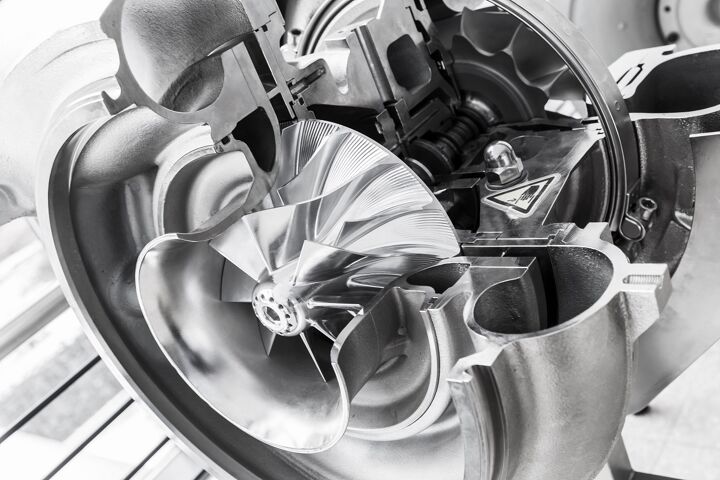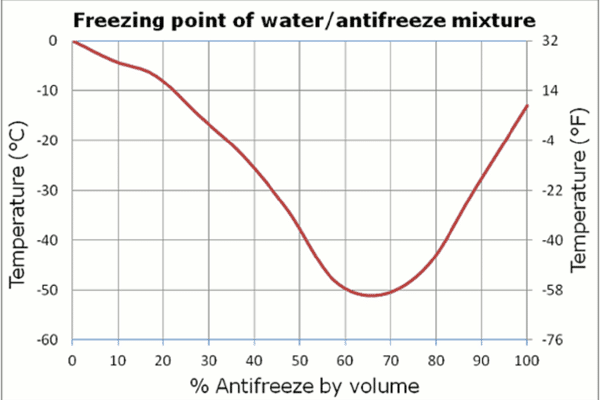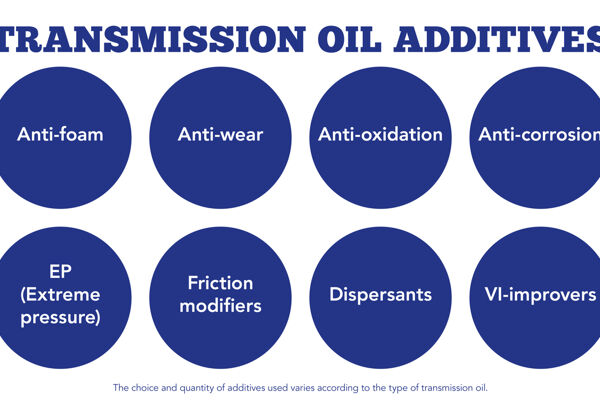
Start-Stop system: does it really wear out your en...
You probably are familiar with the following situation, you arrive at a traffic light and your engine stops running. Fortunately, it turns back on when you want to drive of...
February 17, 2020

In recent years, the requirements regarding emissions of cars have become stricter. Partly because of this, car manufacturers choose to work with smaller engines that are equiped with a turbocharger. A turbocharger presses more air into the engine, so more fuel can be burned. Together, more fuel and more air deliver more power when needed. As most of the time this additional power is not needed, the use of the (smaller) engine is sufficient. As a result, less fuel is burned, making the engine more fuel efficient and less CO2-emitting.
During operation, a turbo rotates at about 150,000 RPM and the system can reach temperatures of up to 350°C. This puts a very high load on all materials, including the lubricant. Possible contamination can therefore have a major impact on the turbo. When the air filter allows dust or other contaminants to pass through, this can cause wear to the turbo bearing. Also, oil channels can become clogged due to the high temperatures in a turbo, as a result of which the turbo can get stuck in its bearings. Damage to a turbo reduces the power of the engine. Eventually, turbo problems can lead to engine shutdown. The prevention of turbo problems is therefore essential and the selection of the right lubricant is crucial in this respect.
It is important that the vehicle is serviced on time and on a regular basis. It is also important that the oil filter and air filter are checked and replaced if necessary according to the maintenance schedule.
The engine oil must be changed correctly and on time. In the case of frequent short trips, shorter oil change intervals are recommended.
The engine oil must of course meet the prescribed quality. Viscosity is also important. If the engine oil is not viscous enough, it will not build up a good lubricating film, certainly not at high temperatures. However, if the viscosity is too high, the engine oil will not reach the places where it is needed quickly enough or it will not dissipate enough heat. The right quality engine oil ensures that the risk of major viscosity changes and contamination is kept to a minimum. Do you want to know more about which engine oil is recommended for your vehicle? Please consult our Oil Advisor.
It is advisable, after starting the engine, to let the engine run at low revs first. This allows the engine oil to warm up gradually and build up a good lubrication film in the turbo.
In the unfortunate event that turbo problems do occur, it is important that action is taken as soon as possible. Replacing a turbo easily costs more than € 1,000, but sometimes a complete turbo replacement can still be avoided. In case of turbo problems, it is therefore important for the car owner to consult a specialist who can diagnose the problem and fix it with the correct parts.

You probably are familiar with the following situation, you arrive at a traffic light and your engine stops running. Fortunately, it turns back on when you want to drive of...

What does a coolant actually do, what are the differences between technologies, and what properties do they have? Why is it no longer possible to make a choice based on the...

Fuel savings, smoother shifting, extended lifespan, and smaller sump capacities: these are the main driving forces for innovations in the field of transmission.

Only the best lubricants are good enough for the toughest rally in the world. Curious to find out which Eurol lubricants are used in the Riwald Dakar hybrid truck? Then rea...

You probably are familiar with the following situation, you arrive at a traffic light and your engine stops running. Fortunately, it turns back on when you want to drive of...

What does a coolant actually do, what are the differences between technologies, and what properties do they have? Why is it no longer possible to make a choice based on the...

Fuel savings, smoother shifting, extended lifespan, and smaller sump capacities: these are the main driving forces for innovations in the field of transmission.

Only the best lubricants are good enough for the toughest rally in the world. Curious to find out which Eurol lubricants are used in the Riwald Dakar hybrid truck? Then rea...
